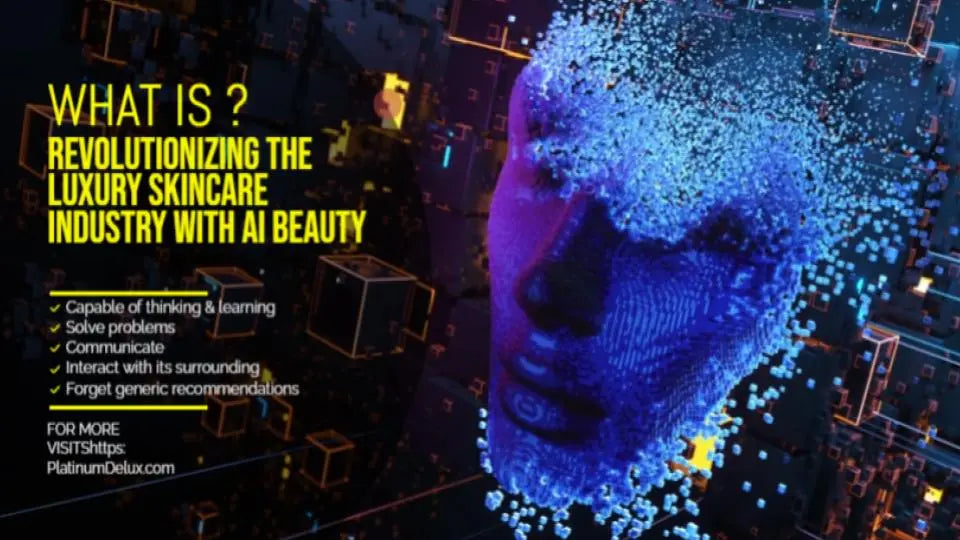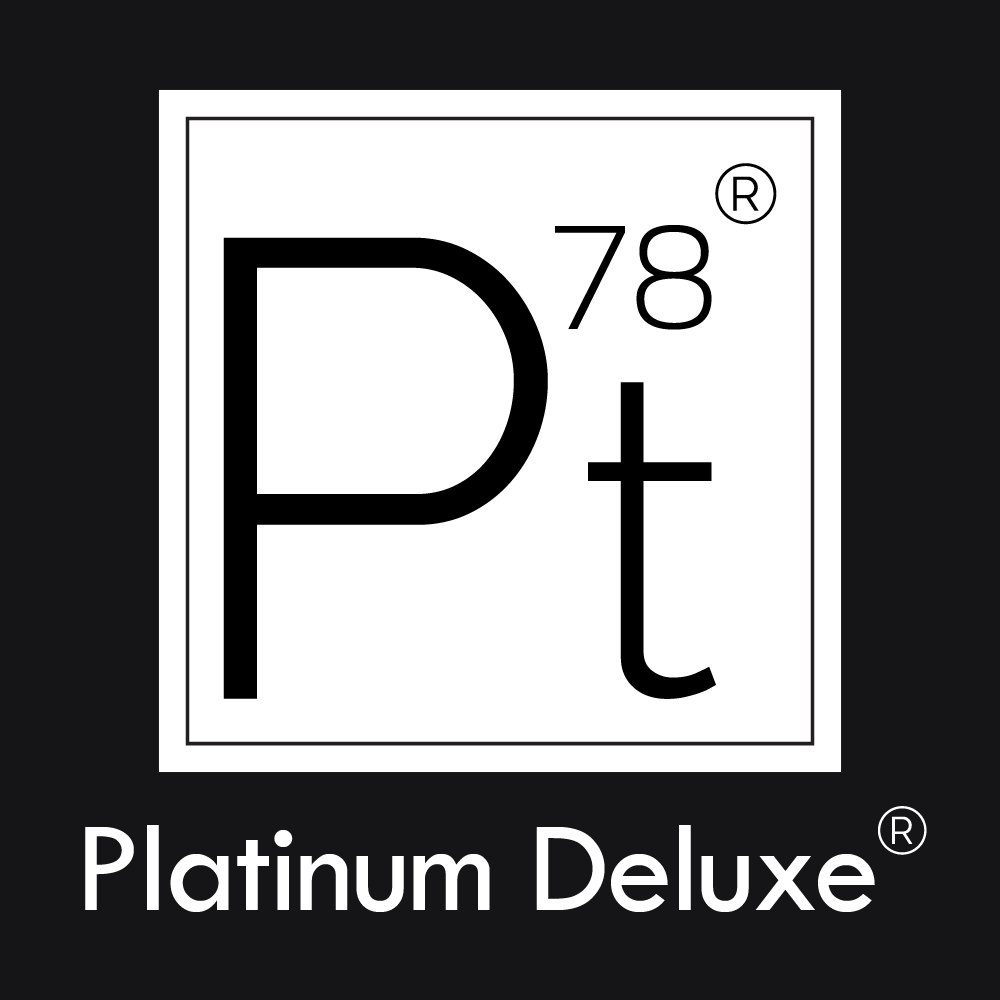
Revolutionizing The Luxury Skincare Industry With AI Beauty
Discover how AI beauty is transforming the luxury skincare industry and revolutionizing the way we approach skincare.
The Rise of AI Beauty in Skincare
The skincare industry has seen a dramatic shift with the rise of AI beauty technology. AI, or artificial intelligence, has revolutionized the way we approach skincare by offering innovative solutions and personalized recommendations. This cutting-edge technology has the potential to transform the luxury skincare industry and provide consumers with more effective and customized skincare products.
One of the key advancements in AI beauty is the development of algorithms that can analyze vast amounts of data to identify patterns and trends. This allows skincare brands to better understand the needs and preferences of their customers, enabling them to create targeted products that address specific skin concerns. AI can also analyze individual skin profiles and provide personalized recommendations for skincare routines, helping consumers achieve their desired results.
Furthermore, AI beauty technology has the ability to enhance the effectiveness of skincare products by optimizing their formulation. By analyzing data on ingredients and their interactions with different skin types, AI algorithms can identify the most effective combinations for achieving desired skincare outcomes. This not only improves the efficacy of the products but also reduces the risk of adverse reactions, making luxury skincare safer and more reliable.
Overall, the rise of AI beauty in skincare represents a significant shift in the industry. It offers a range of benefits, including personalized skincare solutions, optimized product formulations, and a deeper understanding of consumer needs. As AI continues to advance, we can expect to see even more groundbreaking innovations in the luxury skincare industry.
Benefits of AI Technology in Luxury Skincare
The integration of AI technology in the luxury skincare industry brings forth numerous benefits for both skincare brands and consumers. Here are some of the key advantages:
1. Personalized Recommendations: AI algorithms can analyze individual skin profiles and provide personalized skincare recommendations. This ensures that consumers receive tailored solutions that address their specific skin concerns, resulting in more effective skincare routines.
2. Enhanced Product Formulation: AI can analyze vast amounts of data on ingredients and their interactions with different skin types. This allows skincare brands to optimize their product formulations, ensuring that they are effective and safe for consumers.
3. Improved Customer Experience: With AI beauty technology, skincare brands can offer a more personalized and interactive customer experience. Through virtual consultations and skin analysis, consumers can receive customized recommendations and guidance, enhancing their overall skincare journey.
4. Increased Efficiency: AI algorithms can process data much faster than humans, enabling skincare brands to analyze large datasets and identify trends more efficiently. This accelerates the development of new skincare products and innovations.
By harnessing the power of AI technology, the luxury skincare industry can provide consumers with more effective and personalized skincare solutions, while also improving efficiency and innovation within the industry.
Personalized Skincare Solutions with AI
AI beauty technology has revolutionized the concept of personalized skincare solutions. By analyzing individual skin profiles and considering factors such as skin type, concerns, and lifestyle, AI algorithms can generate customized skincare routines that are tailored to meet specific needs. This personalized approach allows consumers to achieve optimal results and address their unique skincare concerns.
One of the key advantages of personalized skincare solutions with AI is the ability to target specific skin concerns. Whether it's dryness, acne, signs of aging, or hyperpigmentation, AI algorithms can analyze vast amounts of data to identify the most effective ingredients and products for addressing these concerns. This ensures that consumers receive targeted solutions that are designed to deliver visible improvements.
Additionally, AI beauty technology can adapt skincare routines based on changes in environmental factors, such as weather conditions or pollution levels. By continuously analyzing data and monitoring skin responses, AI algorithms can provide real-time adjustments to skincare routines, ensuring that consumers' needs are met under different circumstances.
Overall, personalized skincare solutions with AI offer an innovative and effective approach to skincare. By considering individual needs and adapting to changing circumstances, AI technology enables consumers to achieve their desired skincare outcomes.
Future Trends in AI Beauty for Skincare
As AI beauty technology continues to advance, several exciting future trends are expected to emerge in the skincare industry. Here are some of the trends we can anticipate:
1. Virtual Skincare Consultations: With the integration of AI technology, virtual skincare consultations will become more prevalent. Consumers will be able to receive personalized recommendations and guidance from skincare experts through virtual platforms, eliminating the need for in-person visits.
2. Smart Skincare Devices: AI-powered skincare devices will become increasingly popular. These devices can analyze skin conditions, provide personalized skincare routines, and track the progress of skincare goals. They offer a convenient and interactive approach to skincare.
3. Augmented Reality (AR) Try-Ons: AI technology will enable consumers to virtually try on skincare products using augmented reality. This allows them to visualize the effects of different products on their skin before making a purchase, enhancing the online shopping experience.
4. Data-Driven Skincare: AI algorithms will continue to analyze large datasets to identify patterns and trends in skincare. This data-driven approach will lead to the development of more targeted and effective skincare solutions, tailored to meet specific needs.
The future of AI beauty in skincare is promising, with these trends set to revolutionize the industry and provide consumers with innovative and personalized skincare experiences.
Impact of AI Beauty on Consumer Behavior
The integration of AI beauty technology has had a significant impact on consumer behavior in the skincare industry. Here are some of the key effects:
1. Increased Trust in Skincare Brands: AI-powered skincare solutions provide consumers with personalized recommendations and targeted products. This builds trust in skincare brands, as consumers feel that their specific needs are being addressed.
2. Shift towards Personalized Skincare: With AI technology, consumers are increasingly seeking personalized skincare solutions. They are more likely to invest in products and services that cater to their individual needs and concerns, rather than relying on generic skincare routines.
3. Embracing Technology in Skincare: AI beauty has encouraged consumers to embrace technology in their skincare routines. From using smart skincare devices to relying on virtual consultations, consumers are open to integrating technology into their daily skincare rituals.
4. Data-Driven Decision Making: AI algorithms provide skincare brands with valuable insights into consumer preferences and trends. This data-driven approach influences decision making, from product development to marketing strategies, ensuring that brands meet the evolving demands of consumers.
Overall, the impact of AI beauty on consumer behavior is evident in the shift towards personalized skincare, increased trust in brands, and the adoption of technology in skincare routines. As AI continues to evolve, we can expect further changes in consumer behavior and preferences.



